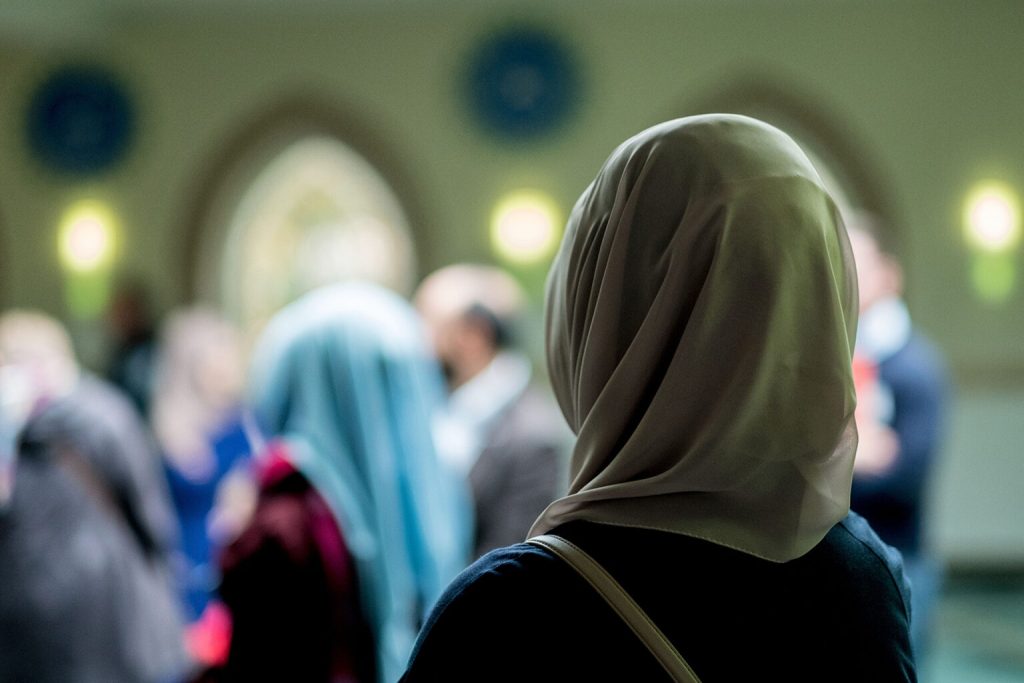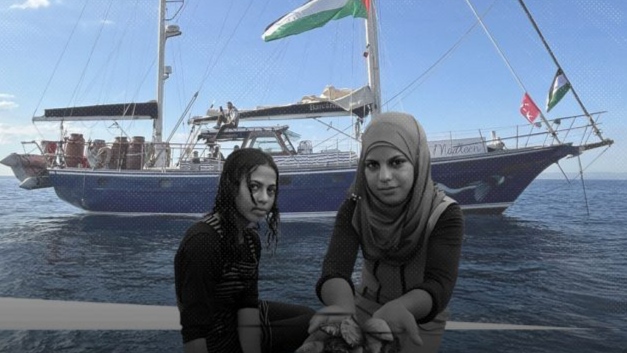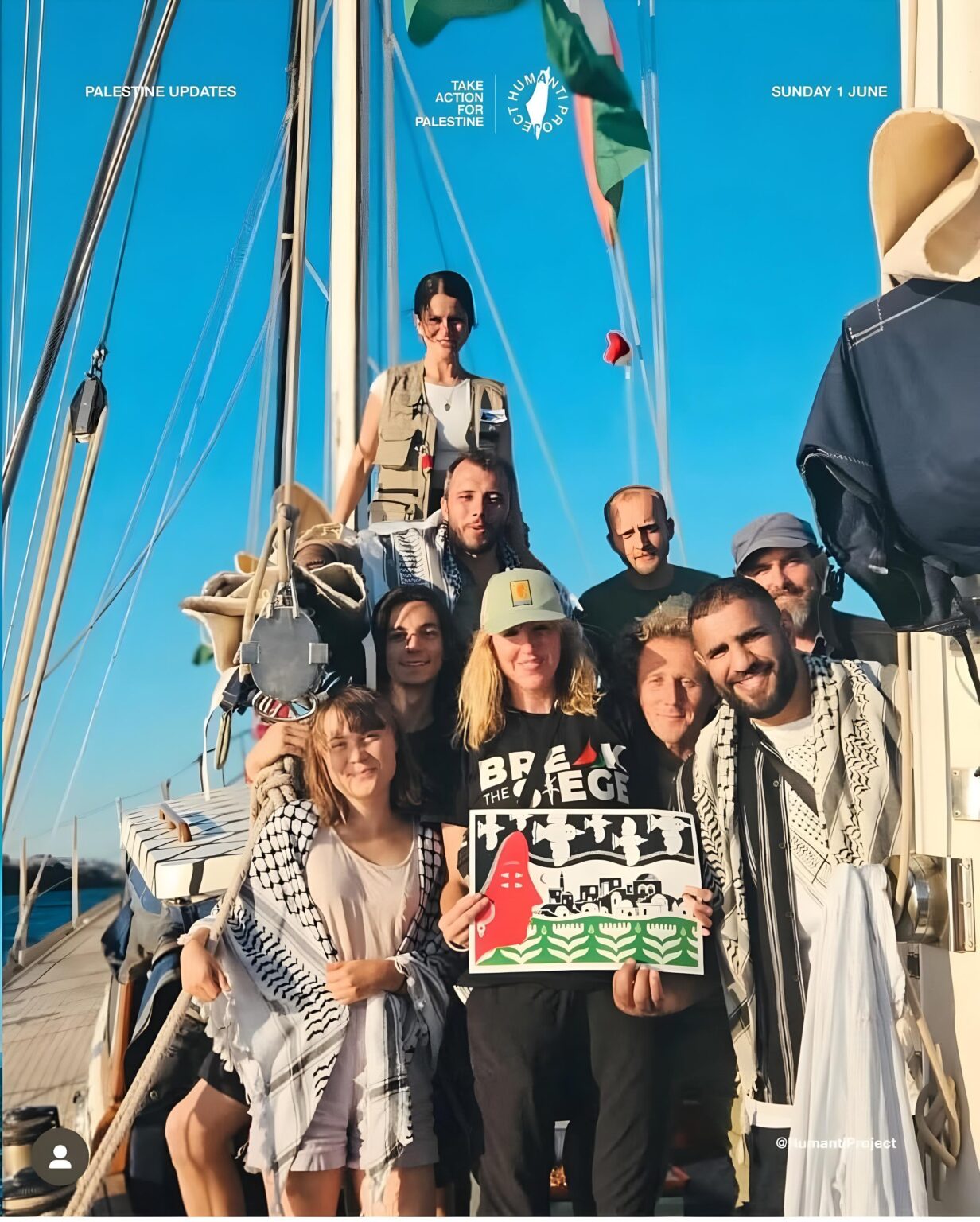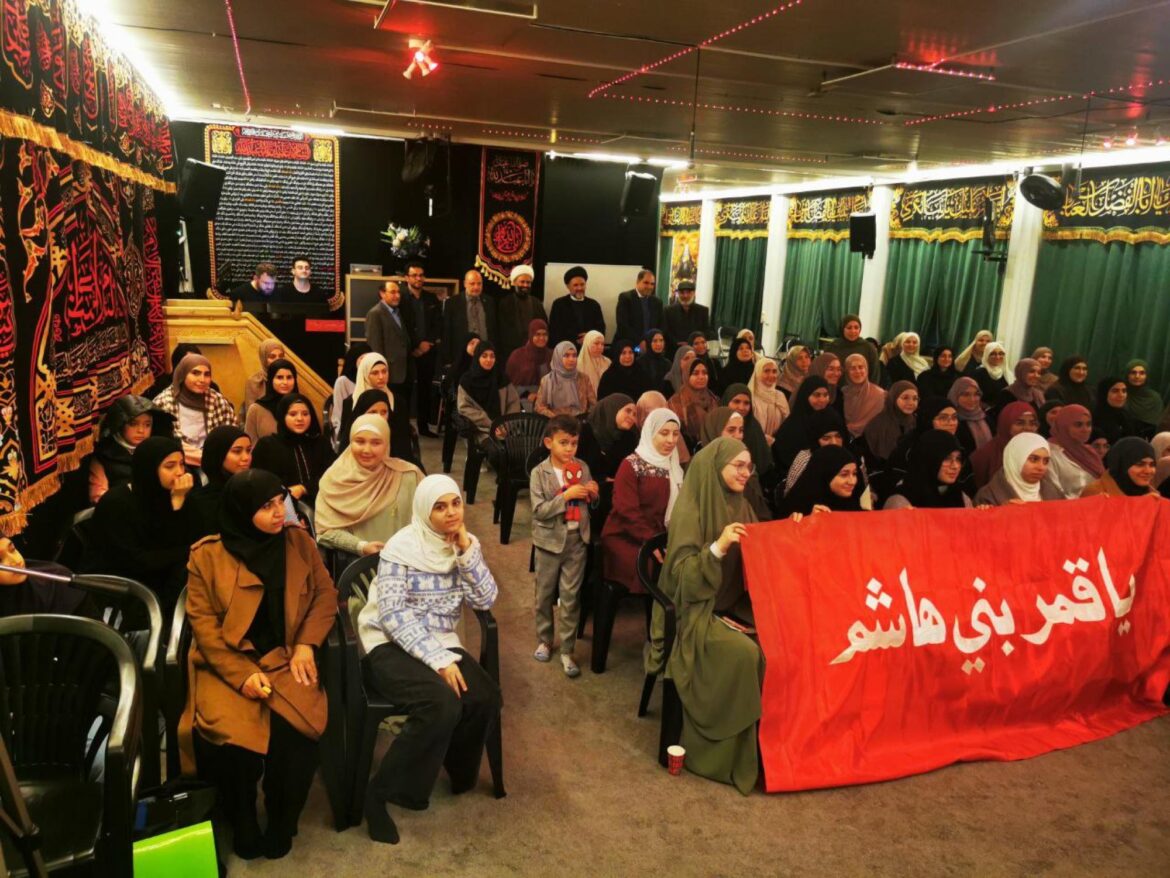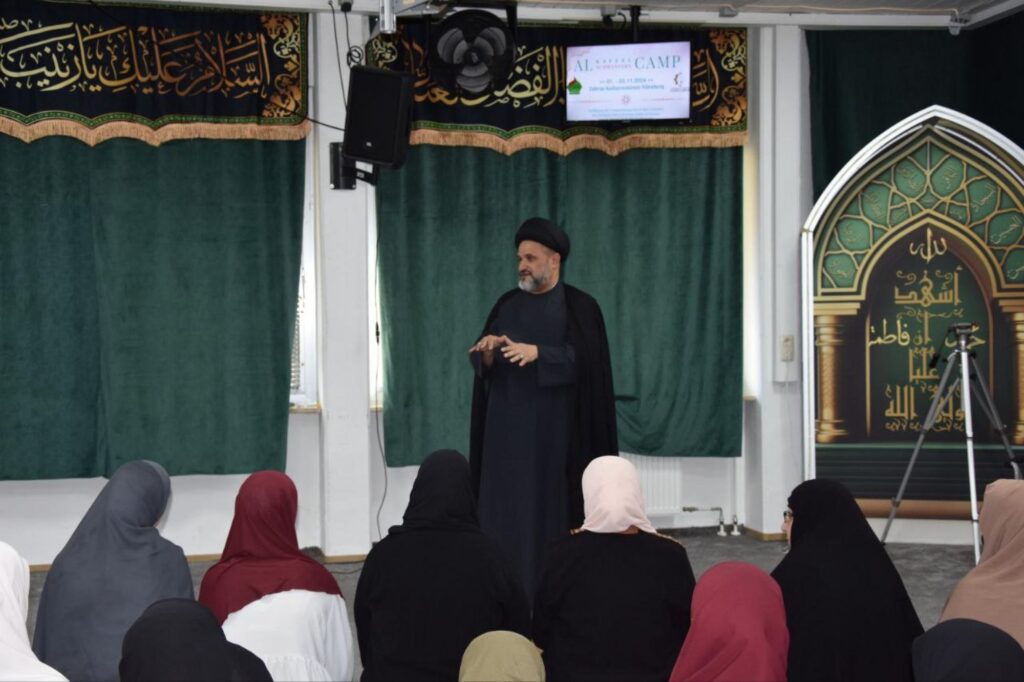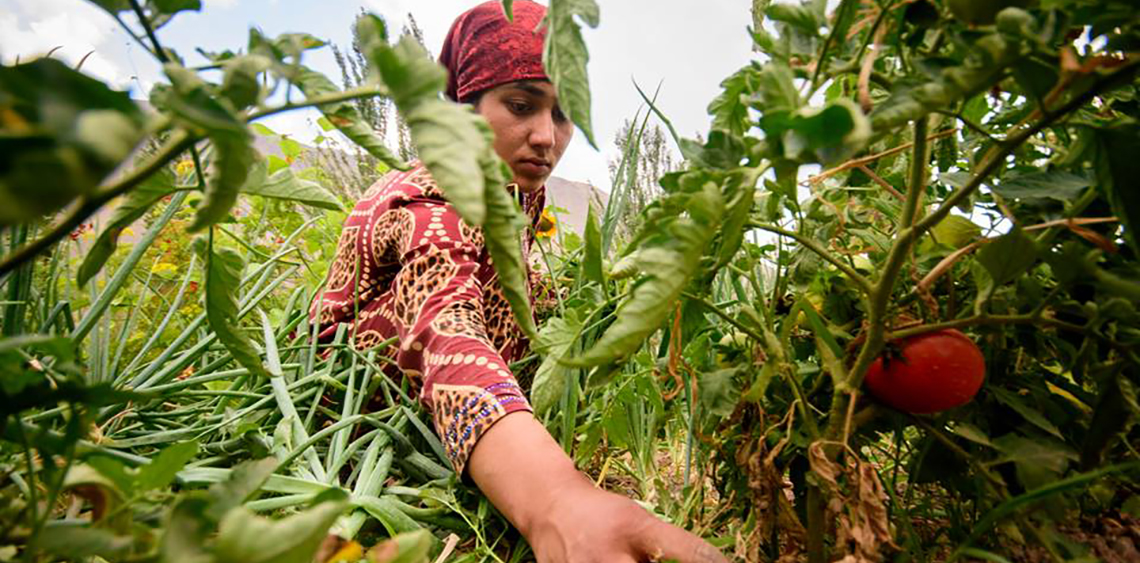Germany has emerged as one of the major destinations for human trafficking in Europe. Experts stress that the number of actual victims is likely far higher than the official figures, with women overwhelmingly comprising those affected.
Surge in Human Trafficking Cases
Human trafficking in Germany is on the rise. According to the 2025 report by Bundesweiter Koordinierungskreis gegen Menschenhandel e.V. (KOK) — a network of specialised counselling centres for victims — a total of 868 cases were documented in 2024, representing an increase of 23 % over the previous year.
Complementing this, the Bundeskriminalamt (BKA) (Federal Criminal Police Office) reported 576 concluded investigations for human trafficking in 2024 — the highest number since records began in 2000.
Yet the real scale of the problem remains elusive — many victims never come under the radar of law-enforcement or counselling services.
Women Form the Majority of Victims
Data from KOK show that about 84 % of documented victims in 2024 were women.
Sexual exploitation, including forced prostitution, remains the dominant type of trafficking, followed by labour exploitation.
Many of these women are young: in the 2023 KOK dataset, 34 % of victims were aged between 22 and 29.
Experts emphasise that the gendered nature of this crime — with women overwhelmingly affected — is a persistent and troubling reality.
Origins and Nationalities of Victims
The KOK report highlights that nearly half of the victims supported through counselling centres in 2023 came from West Africa (48 %).
In 2024, the largest group of clients at participating counselling centres were still from West Africa (52 %).
Authorities also note that a significant proportion of victims are foreign nationals who may avoid contact with the authorities due to precarious immigration status or fear of reprisals. This factor complicates the assessment of the true scale of trafficking.
Barriers to Reporting and Detection
One of the major challenges in combating human trafficking is the reluctance of victims to report their situation. Many do not recognise themselves as victims, especially in cases of labour exploitation, and may fear deportation or retaliation.
Furthermore, trafficking is increasingly occurring in private settings such as homes or holiday accommodations, which are harder for investigators to monitor.
As a result, official statistics capture only a part of the picture — with unreported and hidden cases likely far more numerous.
A Call for Comprehensive Action
While Germany is rated Tier 1 by the United States Department of State for its efforts to combat human trafficking, serious concerns remain. The Group of Experts on Action against Trafficking in Human Beings (GRETA) has called for stronger sanctions against traffickers and better access to assistance and compensation for victims.
There is also a pressing need for sustained funding for specialised counselling services and improved national data-collection frameworks that capture both reported and hidden cases. The KOK report urges continued investment in victim support and prevention mechanisms.
The phenomenon of human trafficking in Germany is not only a grave violation of human rights, but also a complex and evolving challenge. With women bearing the brunt of exploitation, robust action is required — from enhanced identification and support of victims, to effective prosecution of traffickers, and meaningful prevention strategies grounded in gender-sensitive approaches.
From: mizanonline




